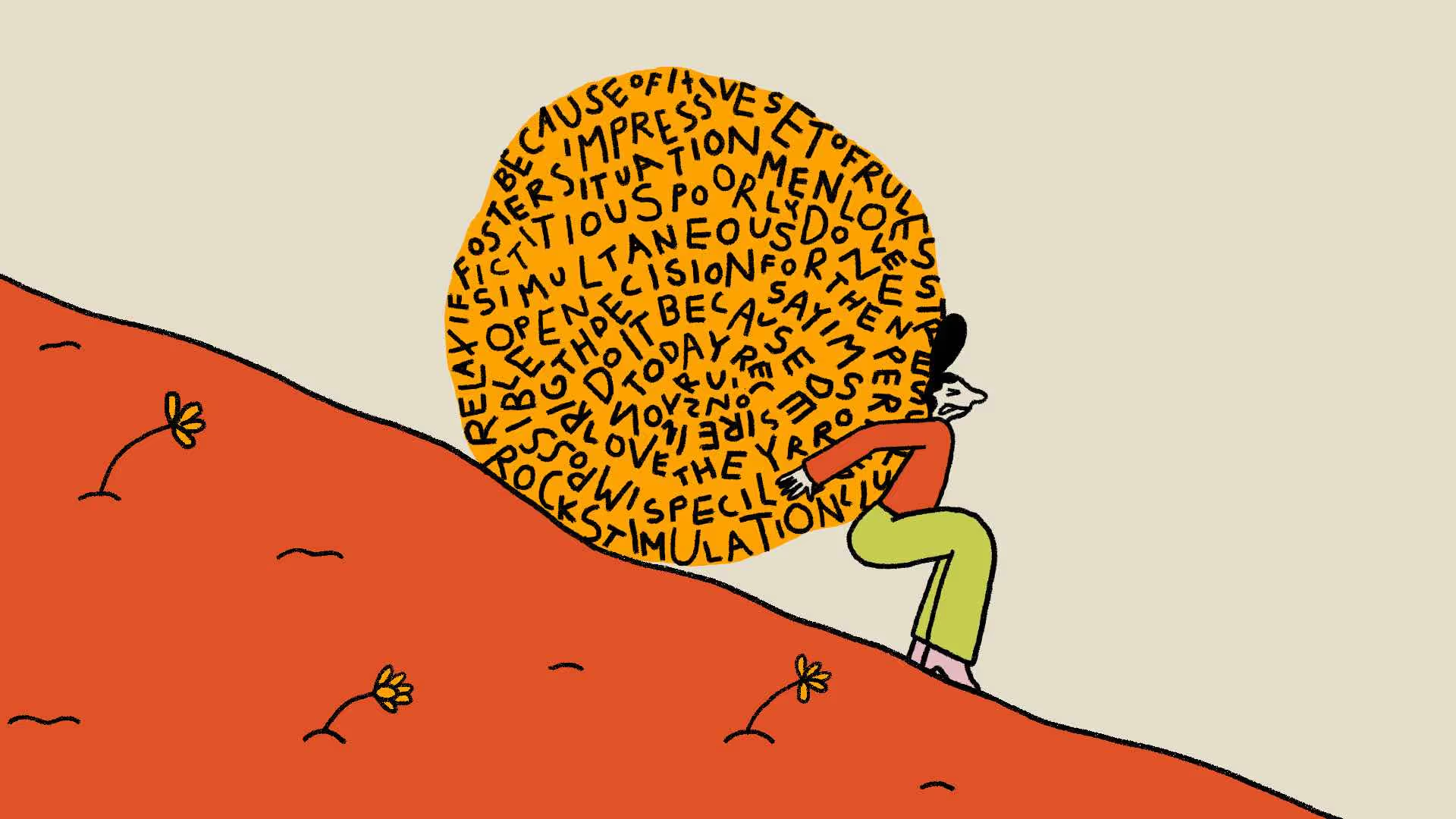Shall We Begin?
Stories shape our reality. They help us make sense of our pasts, what we’ve been through, who we were then, who we are now, and who we would like to be going forward. We tell stories to introduce ourselves to new people. We tell stories to explain our behavior (even to people who’ve known us for a long time). Our stories help us relate to others who have similar life experiences and they help us connect with people who are vastly different from us. We cherish these narratives, sometimes too much. We all have our go-to stories, but have you ever wondered what role they play in your life? How might the internal logic of these stories shape your new experiences?
- Has a childhood of neglect has made you question whether you are worthy of attention?
- Have one too many bad dates made you give up on dating altogether?
- Do you often find yourself explaining why you are the way that you are to someone who interprets your story as an excuse?
- Have you ever caught yourself making unfair assumptions about somebody else?
- Where do your expectations of yourself and others come from? Are they too high? Too low?
If you answered yes to any of these, it’s time to ask: what if you’re actually trapped in your own story? It doesn’t mean that it didn’t happen the way you think it did, or that your story doesn’t matter. It may all be true, but how does it serve you?
We use our stories as reminders, as protection and prevention. Our core stories, such as “I can’t depend on anybody but myself,” were once adaptive storylines. They banished our helplessness and made us able and strong. But while they fit the past, they don’t necessarily fit the present—and they may be blocking the future. Holding on to them with tenacity can make us so hypervigilant that we see the past everywhere. What we insist on, persists. It can stop us from seeing and trying new things and, yes, writing new stories.
If a date shows up late and we have a history of being left waiting or feeling invisible, we might race immediately to the foregone conclusion of our go-to story: that either they are selfish or that we are unworthy—or both. When we hold on to the deep beliefs about who we are or how we think others view us, it can prevent us from creating new beliefs about who we can be. Don’t worry: writing new stories isn’t about letting go of the hero’s journey that has led us to where we are—it’s about allowing ourself to write new chapters, to develop the plot, characters, themes, settings, and lessons.
I was asked recently how I know when someone is stuck in a self-defeating story. Whether in my psychotherapy office or on my podcasts, there’s always one dead giveaway. If the person repeats the exact same story—word for word—with the same examples and conclusions every time, I know that they are trapped in a narrative cycle. I’ve made it a mission to have people come into my office with one story and leave with another. The goal is to transform from stasis to movement, from repetition to possibility, from constriction to openness. This month, across all of my channels, we’re exploring how to do just that.
In “Trapped in Their Own Story,” season 4, episode 9 of my podcast Where Should We Begin?, we meet a couple stuck in the many competing stories that have formed over their three decade relationship (linked below). We challenge mythologies about how they lost their connection and we rewrite the story they’ve been living with—that their only solution exists outside of their marriage. It’s an episode that reminds listeners that healthy relationships require us to write often and edit well.
When I tell people to “write often and edit well,” what I mean is this: we are not in control of how life unfolds, but we have agency over how we structure and interpret it. And those new interpretations can help us get unstuck and give us the freedom to make adult choices that we couldn’t as children. New stories can liberate us from defeating narratives, predetermined thinking, and forgone conclusions. They create hope and possibilities for change. So, what new stories are you ready to live?
Let’s Turn the Lens on You
- How does your anxiety talk to you?
- What do you say to yourself when you want permission to try something new?
- What is the dialogue between the part of you that fears the worst and the part of you that dreams about more?
- What do you want to say to the person who still looks at you with the eyes of the past and doesn’t see all the changes you’ve made?
- If you wrote the story of your life up to this point, what would the chapters be named?
- If you wrote the story of your future, what would the chapters be named?
Let's continue the conversation.
Watch the replay of the Letters From Esther Workshop: How The Stories We Tell Ourselves Can Make or Break Us.
More From Esther
“Trapped in Their Own Story” / s.4 ep.9 of Where Should We Begin?
Their histories of rejection have left this long-term couple craving connection and acceptance from one another while they grapple with the story that what they want can only be found outside of their marriage.
“Small Talk” / a recent newsletter
Even when small talk is inconsequential, there’s something nice about two very different strangers passing time together, engaging in a dance of trying to find some small thing in common. And when done well, small talk is a kind of platonic flirting.
“5 Ways to Start Conversations with Confidence” / a recent article
If you’re experiencing anxiety at the very idea of talking to a stranger—or an acquaintance or colleague that you haven’t seen in awhile—this guide is for you.
Conversation Starters
A compendium of highly recommended sources of inspiration and information
On My To Read List:
- The Pulizer Prize-winning article “An Unbelievable Story of Rape,” by Ken Armstrong and T. Christian Miller (The Marshall Project)
- To The Lighthouse by Virginia Woolf
I’m Watching/Listening:
- “Wisdom of Trauma,” a documentary ft. Dr. Gabor Maté
- “Ear Hustle,” a podcast about the daily realities of life inside prison and after
- “Beyond Men and Masculinity,” a film by Alex Gabbay
- “The Handmaiden,” a film by Park Chan-Wook
- “The Man Who Shot Liberty Valance” a film by John Ford





.svg)





